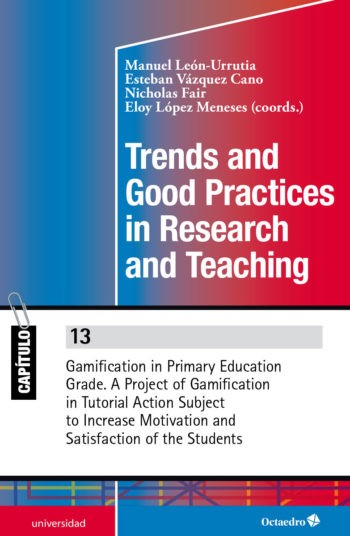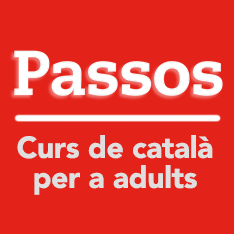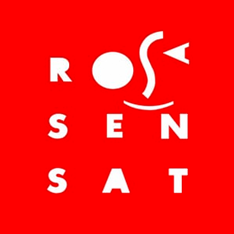COMPLETE BOOK: Trends and Good Practices in Research and Teaching
CHAPTER 13

Date of publication:
01-2020
Technical sheet:
DOI: https://doi.org/10.36006/16184-13
Title of the book: Trends and Good Practices in Research and Teaching
URL of the book: https://wizardly-davinci.82-223-8-23.plesk.page/libro/trends-and-good-practices-in-research-and-teaching/
ISBN:
DOI of the book: https://doi.org/10.36006/16184
Gamification in Primary Education Grade. A Project of Gamification in Tutorial Action Subject to Increase Motivation and Satisfaction of the Students
AVAILABLE FORMATS
|
|
Abstract
Nowadays, one of the challenges in education is to maintain students motivated and participating in class. Teachers generally say that students are not involved in class, they do not take part in activities as they are not motivated… One of the new methodologies in education is gamification, which is presented as an active, original methodology, and as an appropriate methodology to get students motivated in their learning process. Gamification is a learning technique that moves the mechanics of games to the educational field. In addition to a theoretical approach, a summary of the activities that have been developed during the course are presented. This chapter presents the experience of a gamified project with students of Primary Education Degree, more specifically in the subject of tutorial action. This project was proposed to try to respond to the need of students of the Primary Education, so that they are motivated and active in the learning of the subject and to foster their participation and satisfaction with their learning. The results have shown an improvement in students’ motivations.
Keywords
Autores
How to cite
Parra González, M. E., Segura Robles, A., Fuentes Cabrera, A., López Belmonte, J. (2019). Gamification in Primary Education Grade. A Project of Gamification in Tutorial Action Subject to Increase Motivation and Satisfaction of the Students. En León-Urrutia, M., Vázquez Cano, E., Fair, N., López Meneses, E. (coords.) Trends and Good Practices in Research and Teaching. A Spanish-English Collaboration. Barcelona: Octaedro. https://doi.org/xxxxxxx-16184-13
Bibliographical references








